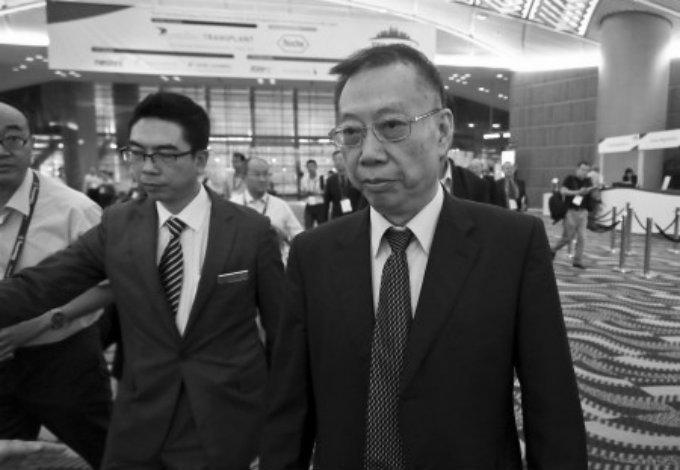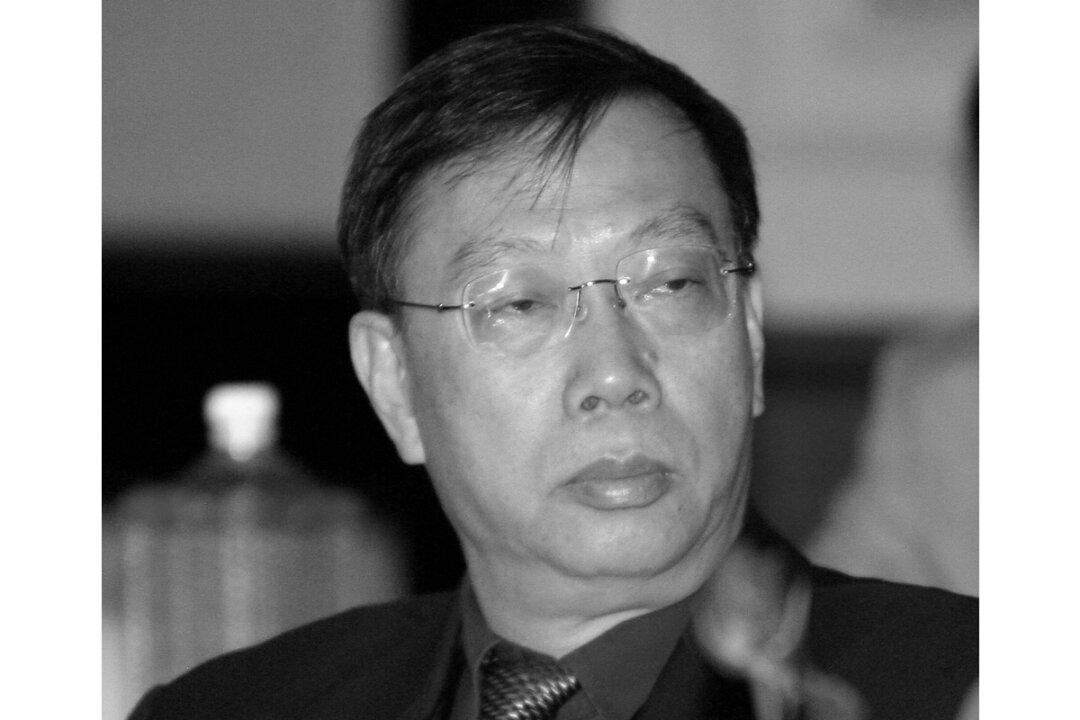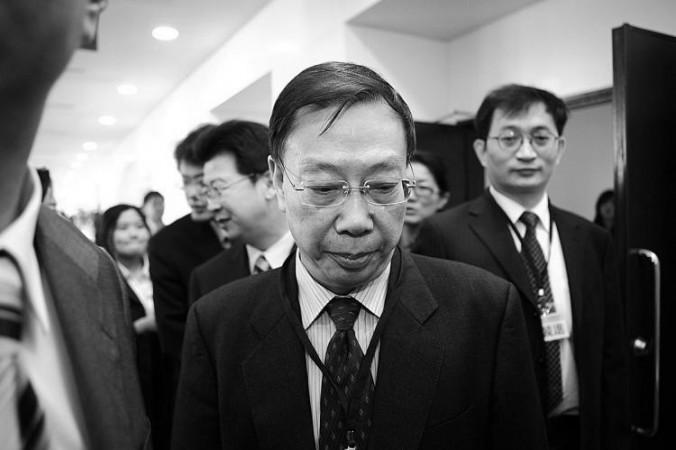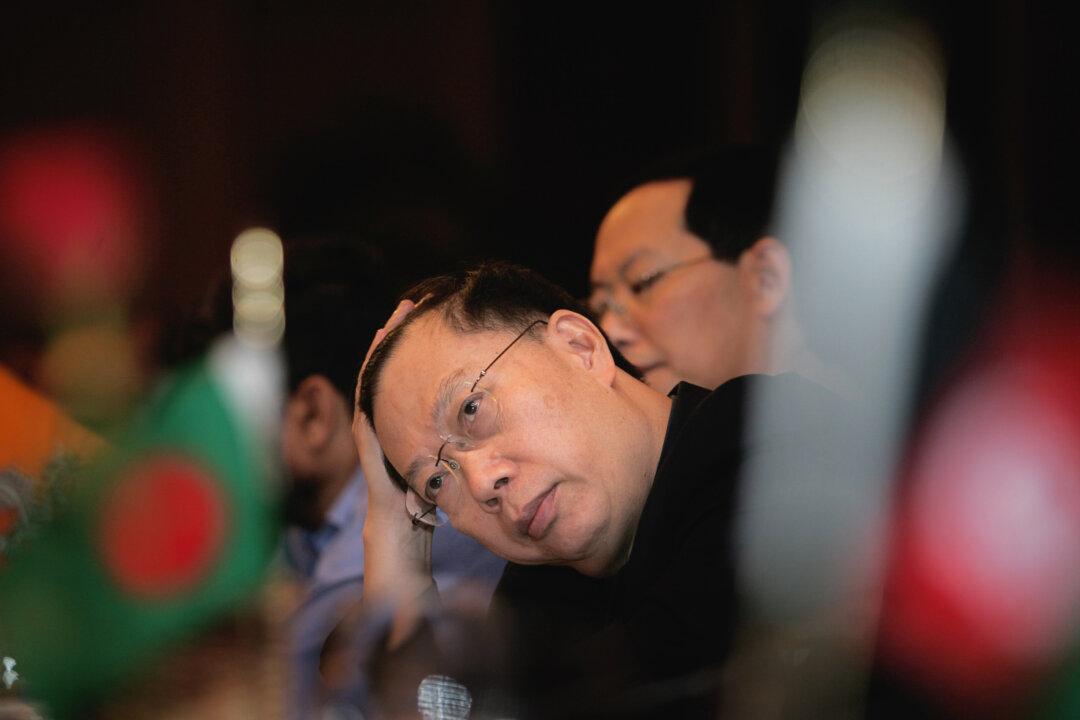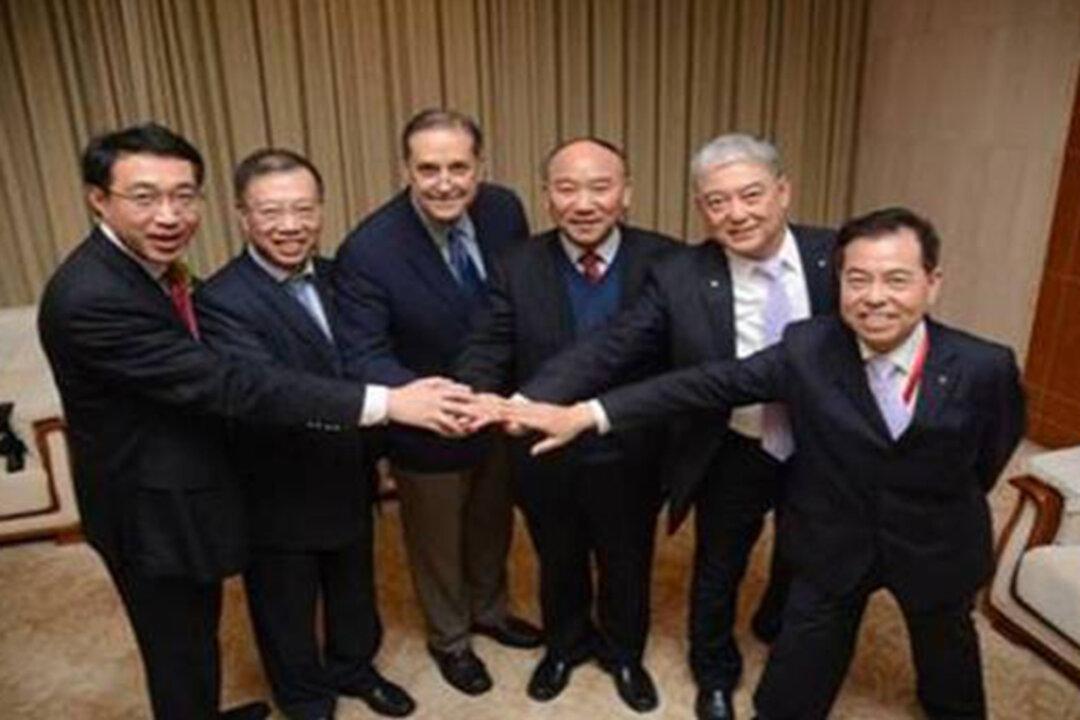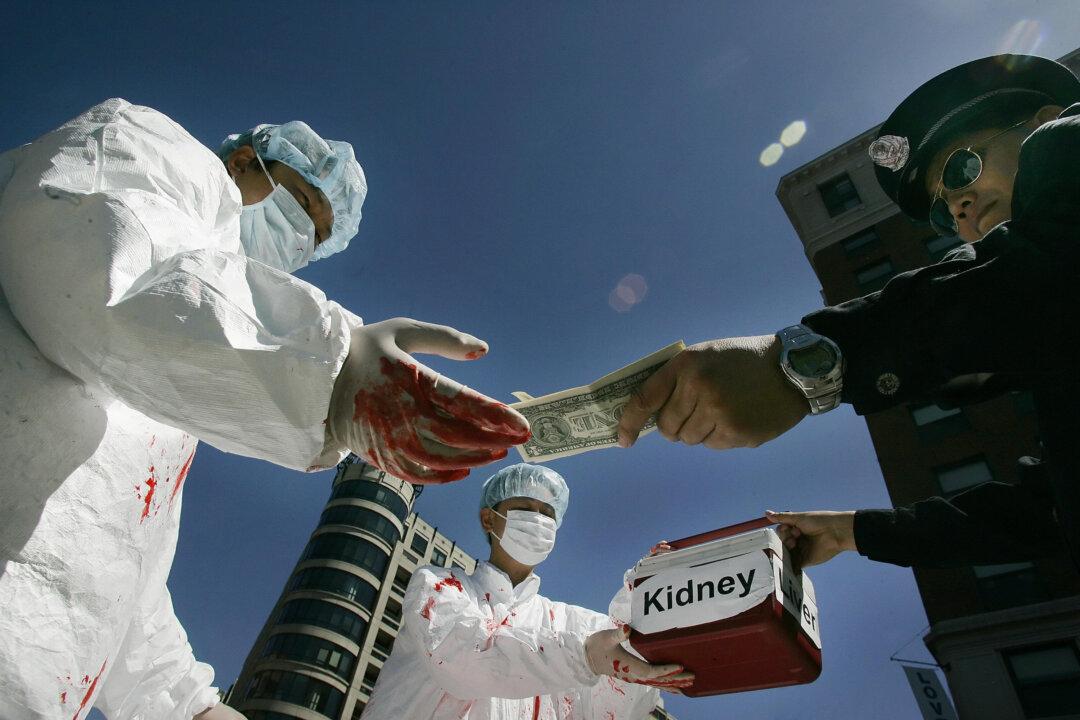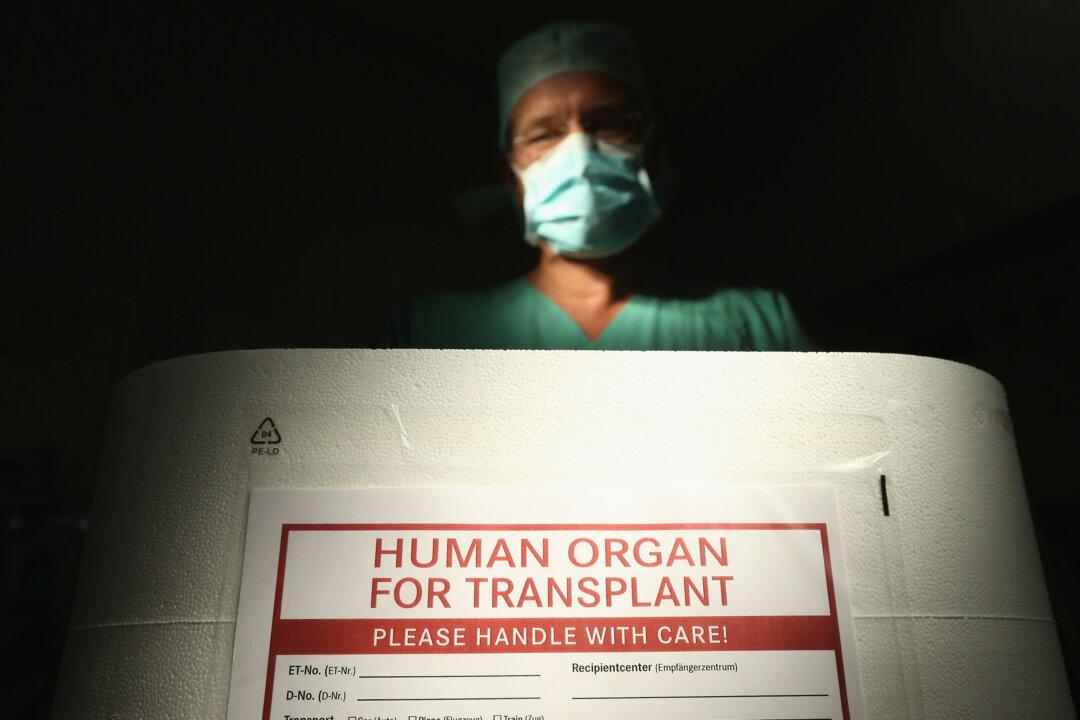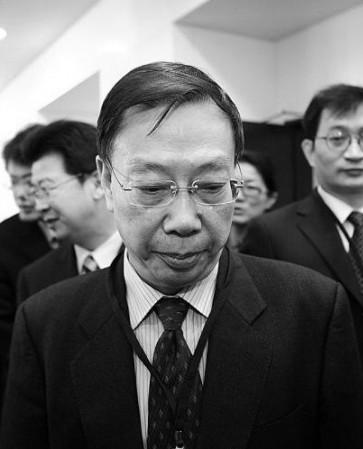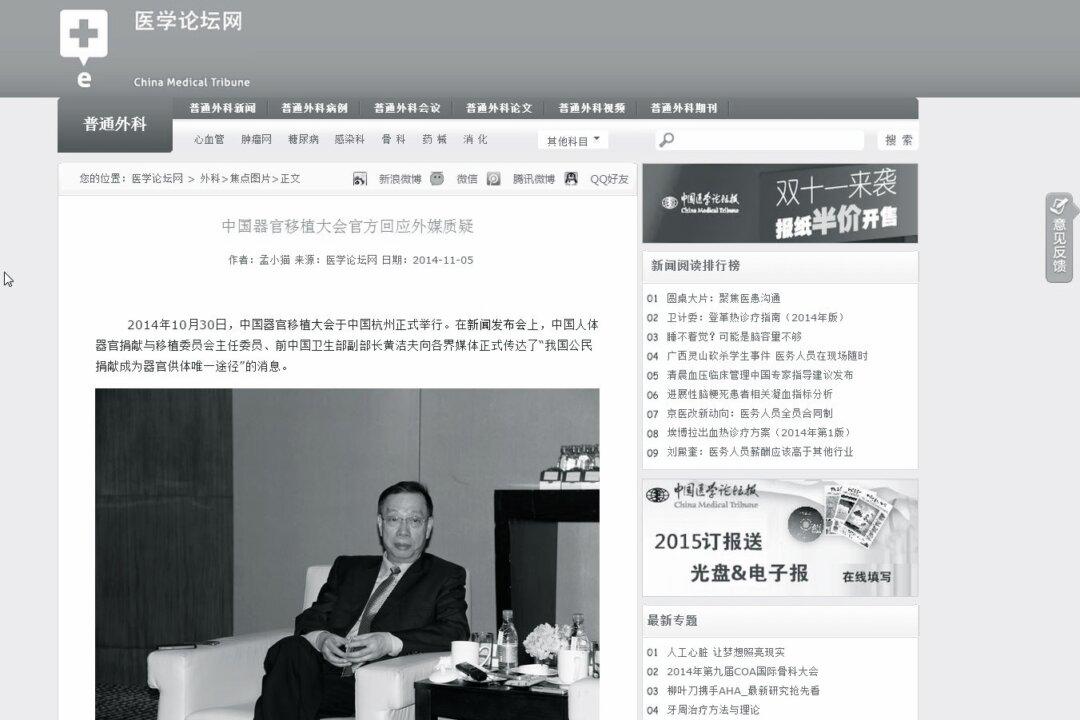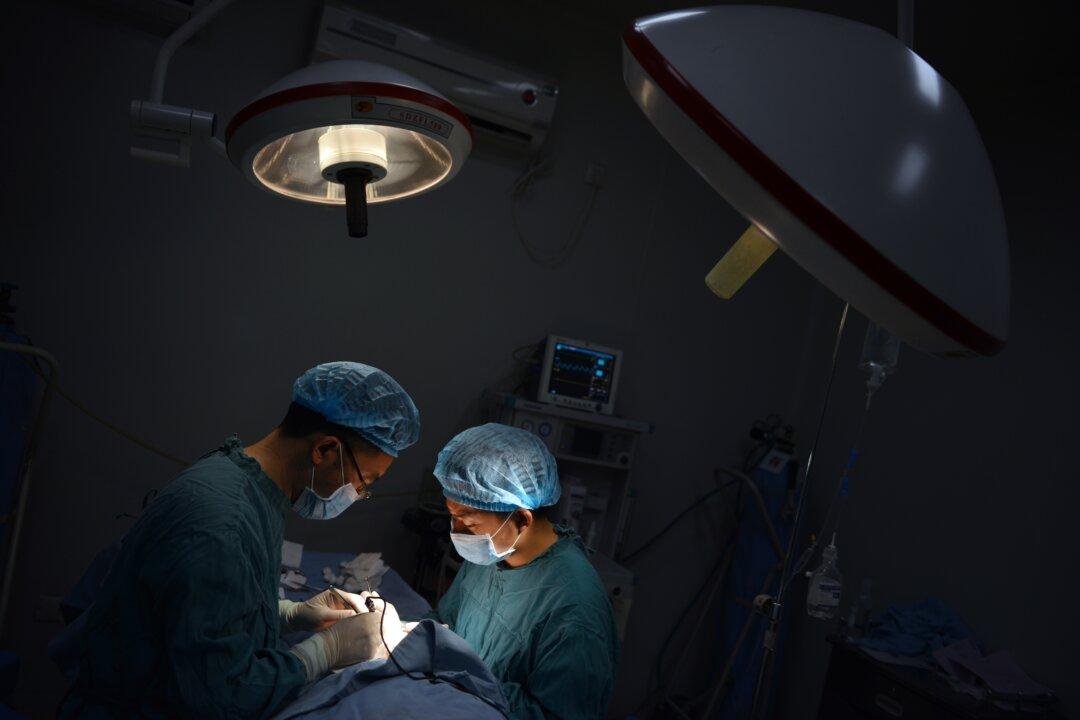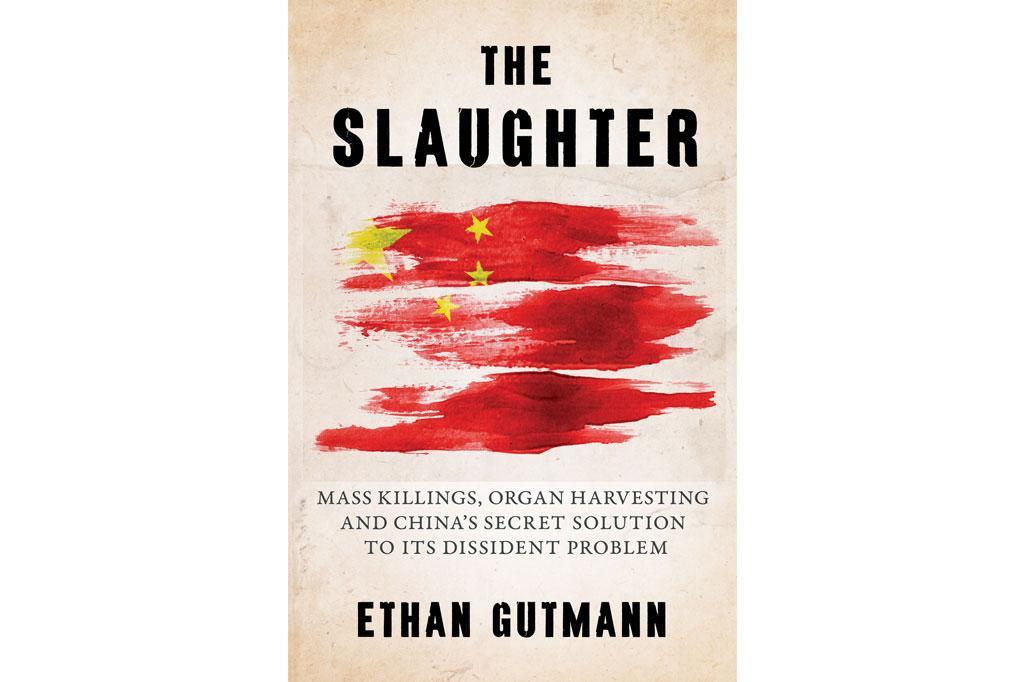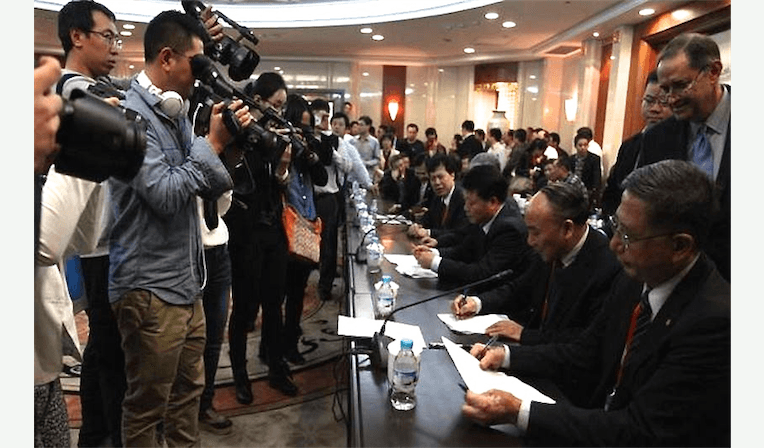Focus
Huang Jiefu
LATEST
Deleting a Question and Declining an Answer on Organ Transplant Reform in China
A Chinese state-backed NGO recently endorsed use of organs from prisoners, contradicting public statements.
|
China Uncensored: Doctors "Condemn" Chinese Organ Trade
Doctors are “condemning” the Chinese organ trade while covering up their own potentially shady connections to it.
|
Huang Jiefu’s Sleight of Hand: Hiding the Organ Harvesting Taking Place in Plain Sight
Dr. Huang Jiefu, Beijing’s point man for selling its murderous organ transplantation system to the world, has been on a roll.
|
Global Transplant Doctors Set to Endorse China’s System That Still Kills Prisoners for Organs
China’s organ transplant system does not measure up to recognized ethical standards, yet foreign medical groups seem set to publicly endorse it.
|
China Uncensored: How to Blame China’s Entire Illegal Organ System on One Guy
It was in May 2013, almost exactly two years ago, that I first predicted that Zhou Yongkang, former security czar of China, would end up in detention, as part of Chinese leader Xi Jinping’s anti-corruption campaign, that was just beginning to heat up back then.
|
Organ Sourcing in China: The Official Version
David Matas dissects the official numbers on China’s organ transplants in a recent address in Bern, Switzerland.
|
Organ Harvest Documentary Wins Prestigious Peabody Prize
An unflinching documentary about mass murder for profit in modern China has been granted one of the most prestigious awards in television and broadcast, the Peabody Award.
|
Doctors Cast Doubt on China’s Promises of Organ Transplant Reform
Medical experts have expressed skepticism over the Chinese regime’s pledge to end harvesting of organs from executed criminals.
|
Double Speak Governs China’s Transplant Policy
China’s new policy on organ transplants retains the use of prisoners as an organ source, while pretending not to. It’s unclear whether the strategy will work.
|
Is China Really Going to Stop Using Organs From Executed Prisoners?
China’s top transplant official seems to have announced—once again—that the country will stop using the organs harvested from executed prisoners. The record needs to be set straight.
|
From Attack to Defense, China Changes Narrative on Organ Harvesting
Chinese authorities may be changing their approach to reports of organ harvesting from prisoners of conscience, now attempting to deny the evidence rather than simply ignore it.
|
Organ Transplantation Experience in China Is Ultimate Horror Story
The extremely short waiting time for organ transplants has made China the most popular country for transplantation tourism, in which patients from other countries travel to China for organ transplant surgeries. The average waiting time for a patient in the United States to receive a matched kidney is four to five years, according to the U.S. Department of Health and Human Services in March.
|
China’s Transplant Officials Seem to Preempt Book’s Critique
Chinese transplant officials have given a staunch defense of the transplant system not a week after the publication of a book showing evidence of mass slaughter for organs.
|
The Disappearing China Organ Transplantation Conference
The month of June this year was to be one of celebration for the Chinese transplant community.
|
Students Object to Award for Chinese Transplant Official
Students at Hong Kong University objected to an honorary degree for Huang Jeifu, a Chinese official accused of involvement in organ harvesting
|
Deleting a Question and Declining an Answer on Organ Transplant Reform in China
A Chinese state-backed NGO recently endorsed use of organs from prisoners, contradicting public statements.
|
China Uncensored: Doctors "Condemn" Chinese Organ Trade
Doctors are “condemning” the Chinese organ trade while covering up their own potentially shady connections to it.
|
Huang Jiefu’s Sleight of Hand: Hiding the Organ Harvesting Taking Place in Plain Sight
Dr. Huang Jiefu, Beijing’s point man for selling its murderous organ transplantation system to the world, has been on a roll.
|
Global Transplant Doctors Set to Endorse China’s System That Still Kills Prisoners for Organs
China’s organ transplant system does not measure up to recognized ethical standards, yet foreign medical groups seem set to publicly endorse it.
|
China Uncensored: How to Blame China’s Entire Illegal Organ System on One Guy
It was in May 2013, almost exactly two years ago, that I first predicted that Zhou Yongkang, former security czar of China, would end up in detention, as part of Chinese leader Xi Jinping’s anti-corruption campaign, that was just beginning to heat up back then.
|
Organ Sourcing in China: The Official Version
David Matas dissects the official numbers on China’s organ transplants in a recent address in Bern, Switzerland.
|
Organ Harvest Documentary Wins Prestigious Peabody Prize
An unflinching documentary about mass murder for profit in modern China has been granted one of the most prestigious awards in television and broadcast, the Peabody Award.
|
Doctors Cast Doubt on China’s Promises of Organ Transplant Reform
Medical experts have expressed skepticism over the Chinese regime’s pledge to end harvesting of organs from executed criminals.
|
Double Speak Governs China’s Transplant Policy
China’s new policy on organ transplants retains the use of prisoners as an organ source, while pretending not to. It’s unclear whether the strategy will work.
|
Is China Really Going to Stop Using Organs From Executed Prisoners?
China’s top transplant official seems to have announced—once again—that the country will stop using the organs harvested from executed prisoners. The record needs to be set straight.
|
From Attack to Defense, China Changes Narrative on Organ Harvesting
Chinese authorities may be changing their approach to reports of organ harvesting from prisoners of conscience, now attempting to deny the evidence rather than simply ignore it.
|
Organ Transplantation Experience in China Is Ultimate Horror Story
The extremely short waiting time for organ transplants has made China the most popular country for transplantation tourism, in which patients from other countries travel to China for organ transplant surgeries. The average waiting time for a patient in the United States to receive a matched kidney is four to five years, according to the U.S. Department of Health and Human Services in March.
|
China’s Transplant Officials Seem to Preempt Book’s Critique
Chinese transplant officials have given a staunch defense of the transplant system not a week after the publication of a book showing evidence of mass slaughter for organs.
|
The Disappearing China Organ Transplantation Conference
The month of June this year was to be one of celebration for the Chinese transplant community.
|
Students Object to Award for Chinese Transplant Official
Students at Hong Kong University objected to an honorary degree for Huang Jeifu, a Chinese official accused of involvement in organ harvesting
|

